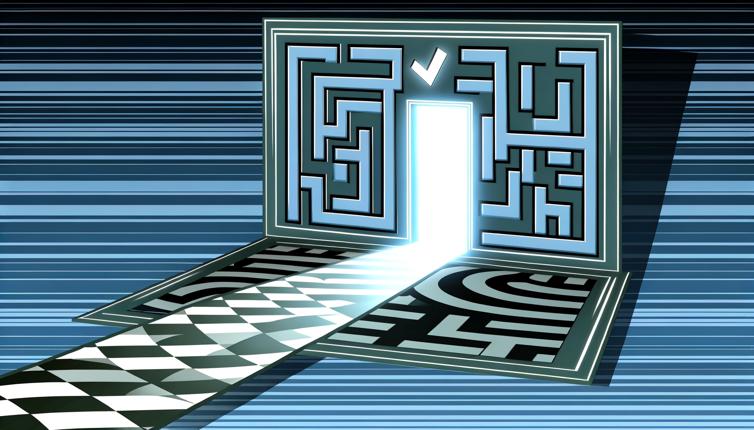Understanding Moral Dilemmas
Moral dilemmas occur when there are conflicting moral principles or values, making it difficult to determine the right course of action.,These dilemmas often arise in situations where choices must be made that involve competing interests, such as deciding between honesty and loyalty.,To navigate a moral dilemma, it is important to consider all the relevant factors, weigh the potential consequences, and evaluate the various ethical principles at play.
Ethical Frameworks and Principles
Ethical frameworks provide guidance for decision-making by outlining the principles and values that should be considered.,Some common ethical frameworks include consequentialism, deontology, and virtue ethics.,Consequentialism focuses on the outcomes or consequences of an action, weighing the potential benefits and harms to determine the ethical course of action.,Deontology emphasizes the adherence to moral duties and principles, regardless of the consequences.,Virtue ethics looks at the moral character of individuals and emphasizes the cultivation of virtues, such as honesty, compassion, and justice.,By understanding these frameworks, individuals can better evaluate the ethical dimensions of a decision and make choices that align with their values and principles.
Integrity in Decision-Making
Integrity is an essential aspect of ethical decision-making, as it involves acting in accordance with one's values and principles.,Making decisions with integrity means being honest, fair, and transparent in the decision-making process.,It also involves considering the needs and interests of all stakeholders involved and striving to make choices that promote the greater good.,By prioritizing integrity in decision-making, individuals can enhance their ethical conduct and build trust and credibility.
Conclusion
Navigating moral dilemmas and making decisions with integrity is a complex process, but it is essential for promoting ethical behavior and creating a just society. By understanding the ethical frameworks and principles that guide decision-making, individuals can approach moral dilemmas with clarity and make choices that align with their values and promote the greater good. It is important to remember that ethical decision-making is an ongoing process, requiring continuous reflection and evaluation of one's actions. By prioritizing integrity and ethical conduct, individuals can make a positive impact and contribute to a more ethical and just world.








